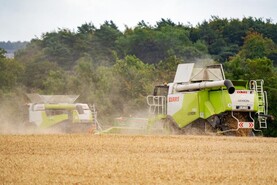BreastCheck, the national breast cancer screening service for women aged 50 to 69, is back up and running again.
They are asking you, if you are in that age group, to please attend for your appointment when you get your invitation in the post.
If you can’t attend your appointment, let them know so your appointment can be rescheduled.
Breast screening helps find cancer at an early stage. If it’s found early, it’s easier to treat and there’s a better chance of recovery.
Although your breast screening test will be the same, it may seem a little different when you go to your clinic or mobile unit for your next screening appointment.
Clinics and mobile units have been working hard to make changes to keep you safe when you go for your appointment.
A safe restart
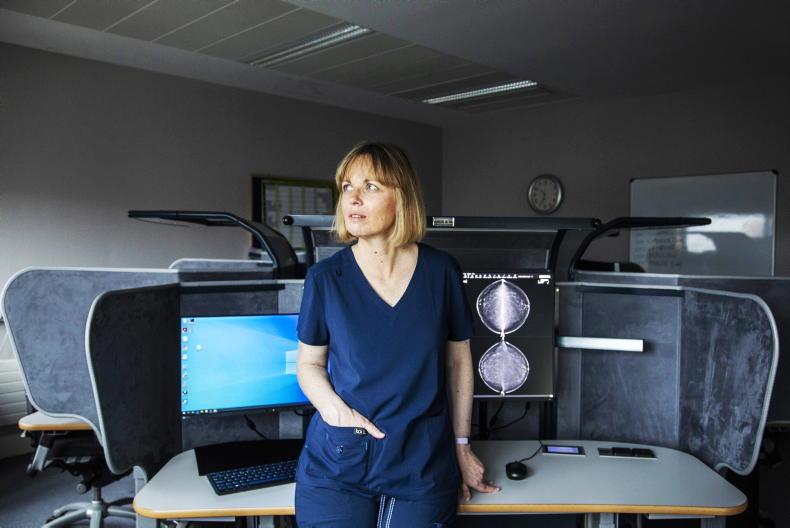
“We’ve are open for business again and are screening women whose appointments were cancelled first,” says Dr Alissa M Connors.
Alissa is clinical director and lead radiologist with the Southern BreastCheck unit.
“A lot of work has been done to make sure that everything is ready for this safe return of service.”
This has included upgrading the BreastCheck mobile units that provide the service around the country.
“We’ve changed our appointment system also to a one-person-at-a-time service,” she says.
“All staff will wear PPE gear, mask-wearing and sanitiser use will be essential for service users and enhanced cleaning will take place between each appointment.”
BreastCheck staff all around the country are happy that the service now in place will work very well.
“We have a really safe, robust system for the women who come for screening. BreastCheck staff, as frontline healthcare workers, have also started to receive the COVID vaccine,” Alissa says.
"Our aim is to detect breast cancers early - long before a woman would detect a lump in her breast - so that it can be treated easily and early, leading to a positive outcome. Treatments for breast cancer have improved significantly in recent years.”
Nothing to fear
The test itself - the mammogram - what does it involve?
“A mammogram is a specialised X-ray of the breast,” Alissa explains.
“We put some pressure on the breast to flatten the tissue so that we can see through all the layers of the breast tissue. Two images are taken of each breast.
"It is a very low dose X-ray and the pressure is just for a couple of seconds while the exposure is on. In all, a woman having the mammogram is in and out of the mobile unit in 15 minutes.”
Advice before attending
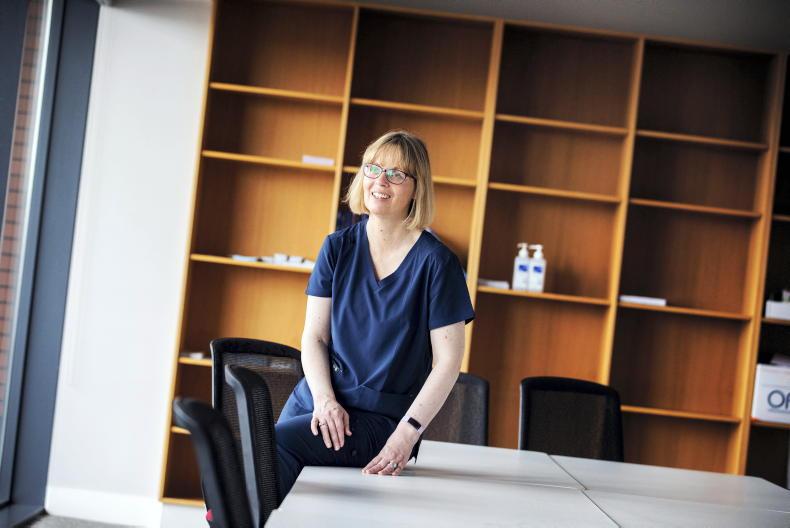
1 Arrive on time.2 Wait for a text to tell you that you can come in.3 Wear a top with a skirt or trousers, as it makes it easier to undress.4 Try to avoid using talcum powder or deodorant, as this can show up on the mammogram.5 It is mandatory to wear a mask during your screening appointment and use sanitisers provided.6 Be aware that toilet facilities may not be available.7 Wear warm clothes and a rain jacket in case you have to wait outside.In every 1,000 women screened, seven cancers will be detected, but there will be two per 1,000 not detected.
No screening service is 100% effective, but mammography is the very best test available.
Breast symptoms you should never ignore
If you have any of the following symptoms, you should see your GP immediately. Do not wait to receive an invitation for a mammogram.
Any lumps or unusual thickening in your breast.A dimpling, puckering or redness of the skin.A nipple that appears to be pulled-in or flattened.A rash or flaky or crusted skin around the nipple.A change in the size or shape of your breast.Swelling in your armpit or around your collarbone.No matter what age you are, it is important to always be breast aware. Know what is normal for your body. Know what changes you should look for.“You would really need to see your GP straight away,” Alissa continues, “to have a clinical examination and be referred to what’s called the symptomatic breast cancer service.”
Alissa reassures women who are diagnosed with breast cancer that their care will be excellent.
“We have a really good team of empathetic nurses, radiologists and surgeons who look after the woman and she is always totally involved in decisions regarding the management of her treatment and care. That’s really important.
"A lot of work has also gone into making sure that there is hospital capacity for every woman who needs treatment, so we are sure that when we find a cancer it will be treated by the right people in the right place at the right time – and quickly.”
Clara Clark’s BreastCheck patient testimonial
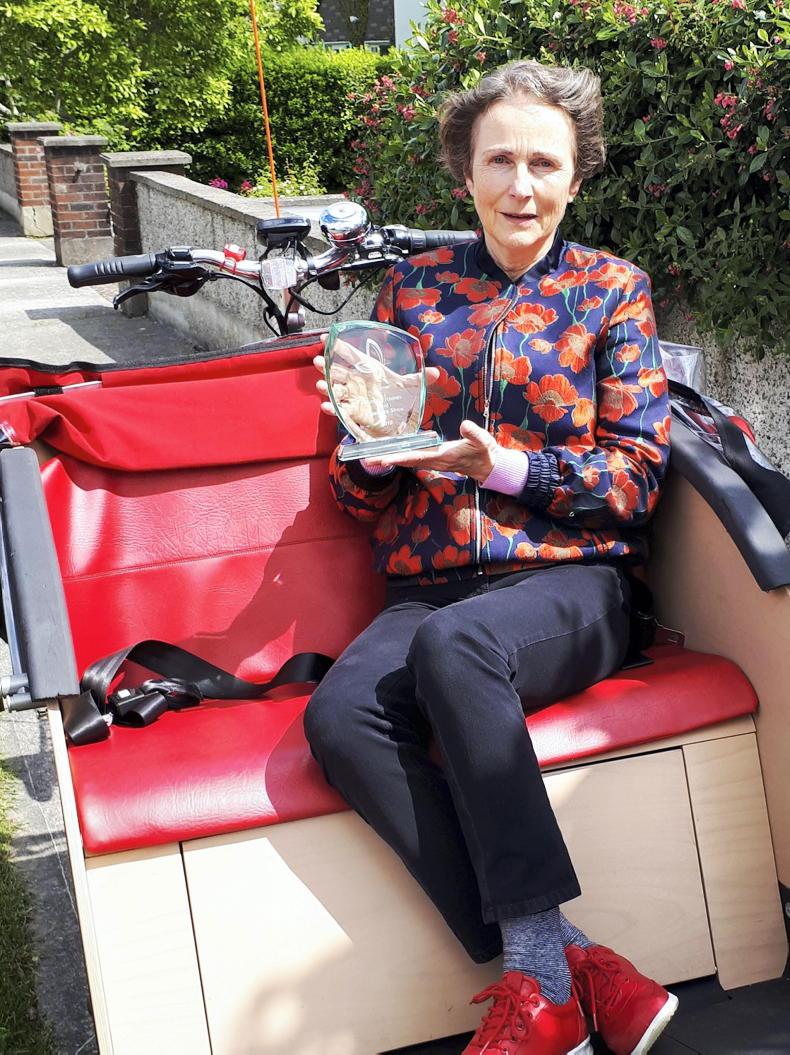
"My visit to BreastCheck during COVID-19 was very reassuring. I was given a date and time.
"I arrived wearing my mask. I was met at the door by someone in mask and PPE. All my particulars were checked and I was temperature-tested, then brought to the unit.
"After a very short wait, I was taken directly to the mammogram room, where I removed my top and had my mammogram. Both the mammographer and I wore our masks the whole time.
"I then left the building directly, so had no other delays or interaction with people. I found this to be efficient and I felt safe having my mammogram."
BreastCheck service resumes
You are invited to attend
Event: A screening test that reduces your risk of cancer.Who: Women between the ages of 50 and 69.Where: A BreastCheck mobile unit in your area.When: As soon as you get your invitation in the post.*Changes at clinics to keep you safe.
*RSVP if alternative date required.
To check you are on the register, visit BreastCheck.ie
or freephone 1800 45 45 55.
BreastCheck, the national breast cancer screening service for women aged 50 to 69, is back up and running again.
They are asking you, if you are in that age group, to please attend for your appointment when you get your invitation in the post.
If you can’t attend your appointment, let them know so your appointment can be rescheduled.
Breast screening helps find cancer at an early stage. If it’s found early, it’s easier to treat and there’s a better chance of recovery.
Although your breast screening test will be the same, it may seem a little different when you go to your clinic or mobile unit for your next screening appointment.
Clinics and mobile units have been working hard to make changes to keep you safe when you go for your appointment.
A safe restart

“We’ve are open for business again and are screening women whose appointments were cancelled first,” says Dr Alissa M Connors.
Alissa is clinical director and lead radiologist with the Southern BreastCheck unit.
“A lot of work has been done to make sure that everything is ready for this safe return of service.”
This has included upgrading the BreastCheck mobile units that provide the service around the country.
“We’ve changed our appointment system also to a one-person-at-a-time service,” she says.
“All staff will wear PPE gear, mask-wearing and sanitiser use will be essential for service users and enhanced cleaning will take place between each appointment.”
BreastCheck staff all around the country are happy that the service now in place will work very well.
“We have a really safe, robust system for the women who come for screening. BreastCheck staff, as frontline healthcare workers, have also started to receive the COVID vaccine,” Alissa says.
"Our aim is to detect breast cancers early - long before a woman would detect a lump in her breast - so that it can be treated easily and early, leading to a positive outcome. Treatments for breast cancer have improved significantly in recent years.”
Nothing to fear
The test itself - the mammogram - what does it involve?
“A mammogram is a specialised X-ray of the breast,” Alissa explains.
“We put some pressure on the breast to flatten the tissue so that we can see through all the layers of the breast tissue. Two images are taken of each breast.
"It is a very low dose X-ray and the pressure is just for a couple of seconds while the exposure is on. In all, a woman having the mammogram is in and out of the mobile unit in 15 minutes.”
Advice before attending

1 Arrive on time.2 Wait for a text to tell you that you can come in.3 Wear a top with a skirt or trousers, as it makes it easier to undress.4 Try to avoid using talcum powder or deodorant, as this can show up on the mammogram.5 It is mandatory to wear a mask during your screening appointment and use sanitisers provided.6 Be aware that toilet facilities may not be available.7 Wear warm clothes and a rain jacket in case you have to wait outside.In every 1,000 women screened, seven cancers will be detected, but there will be two per 1,000 not detected.
No screening service is 100% effective, but mammography is the very best test available.
Breast symptoms you should never ignore
If you have any of the following symptoms, you should see your GP immediately. Do not wait to receive an invitation for a mammogram.
Any lumps or unusual thickening in your breast.A dimpling, puckering or redness of the skin.A nipple that appears to be pulled-in or flattened.A rash or flaky or crusted skin around the nipple.A change in the size or shape of your breast.Swelling in your armpit or around your collarbone.No matter what age you are, it is important to always be breast aware. Know what is normal for your body. Know what changes you should look for.“You would really need to see your GP straight away,” Alissa continues, “to have a clinical examination and be referred to what’s called the symptomatic breast cancer service.”
Alissa reassures women who are diagnosed with breast cancer that their care will be excellent.
“We have a really good team of empathetic nurses, radiologists and surgeons who look after the woman and she is always totally involved in decisions regarding the management of her treatment and care. That’s really important.
"A lot of work has also gone into making sure that there is hospital capacity for every woman who needs treatment, so we are sure that when we find a cancer it will be treated by the right people in the right place at the right time – and quickly.”
Clara Clark’s BreastCheck patient testimonial

"My visit to BreastCheck during COVID-19 was very reassuring. I was given a date and time.
"I arrived wearing my mask. I was met at the door by someone in mask and PPE. All my particulars were checked and I was temperature-tested, then brought to the unit.
"After a very short wait, I was taken directly to the mammogram room, where I removed my top and had my mammogram. Both the mammographer and I wore our masks the whole time.
"I then left the building directly, so had no other delays or interaction with people. I found this to be efficient and I felt safe having my mammogram."
BreastCheck service resumes
You are invited to attend
Event: A screening test that reduces your risk of cancer.Who: Women between the ages of 50 and 69.Where: A BreastCheck mobile unit in your area.When: As soon as you get your invitation in the post.*Changes at clinics to keep you safe.
*RSVP if alternative date required.
To check you are on the register, visit BreastCheck.ie
or freephone 1800 45 45 55.




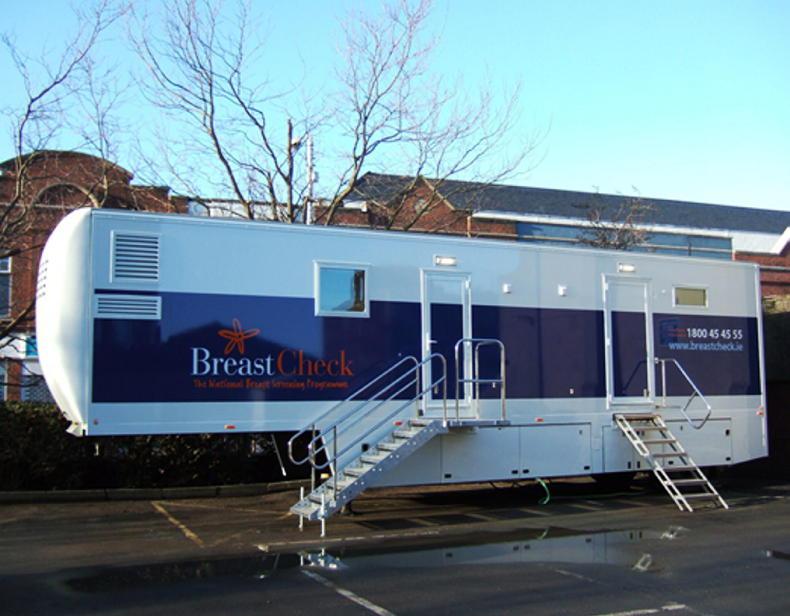




 This is a subscriber-only article
This is a subscriber-only article



